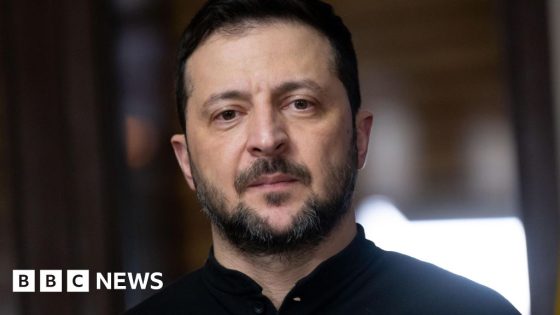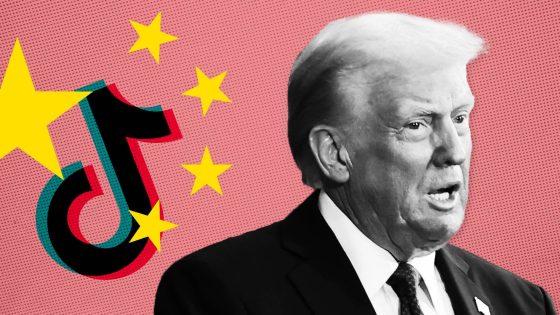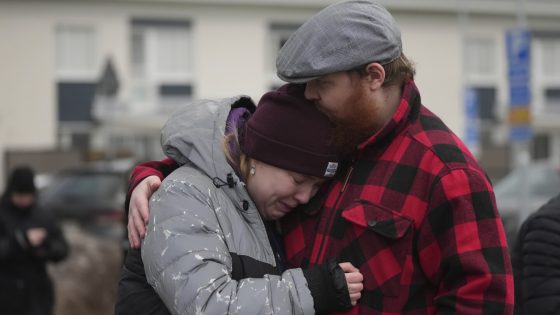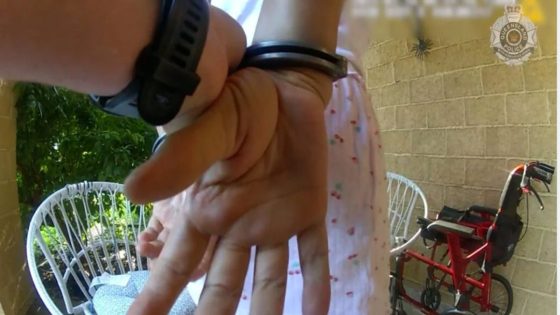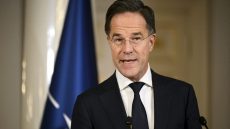On February 15, 2025, during the Munich Security Conference, Ukraine’s President Volodymyr Zelensky emphasized the need for an “army of Europe” to counter potential threats from Russia. He expressed concerns over the changing dynamics of US support for Europe, suggesting that Ukraine must be included in any discussions about its future.
- Zelensky calls for a European army.
- US support for Europe may be declining.
- Trump and Putin discuss peace talks.
- Zelensky insists on Ukraine's involvement.
- European leaders advocate for military independence.
- Russia's invasion of Ukraine nears three-year mark.
Zelensky’s remarks come as the conflict in Ukraine approaches its three-year mark, highlighting the urgency for European nations to bolster their defense capabilities. He stated, “The armed forces of Europe must be created,” reflecting a growing sentiment among European leaders about the need for a self-sufficient military framework. This call aligns with previous proposals from leaders like French President Emmanuel Macron, who has advocated for reduced reliance on US military support.
During the conference, US Vice President JD Vance echoed Zelensky’s concerns, asserting that Europe must enhance its defense posture. He noted that the historical relationship between Europe and the US is evolving, with implications for future security arrangements. Zelensky remarked on the implications of recent US-Russia discussions, where he felt Ukraine’s interests were sidelined, stating, “The old days are over when America supported Europe just because it always had.”
As the geopolitical landscape shifts, Zelensky underscored the importance of Ukraine’s inclusion in any negotiations regarding its future. He criticized the notion of one-on-one talks between US and Russian leaders, suggesting that such discussions could undermine European interests. The situation remains fluid, with ongoing discussions about NATO membership and the broader security framework in Europe.
Zelensky’s call for a European army highlights a critical juncture in European defense policy, emphasizing the need for collective action against external threats. As the situation develops, the importance of inclusive dialogue among all stakeholders remains paramount.



